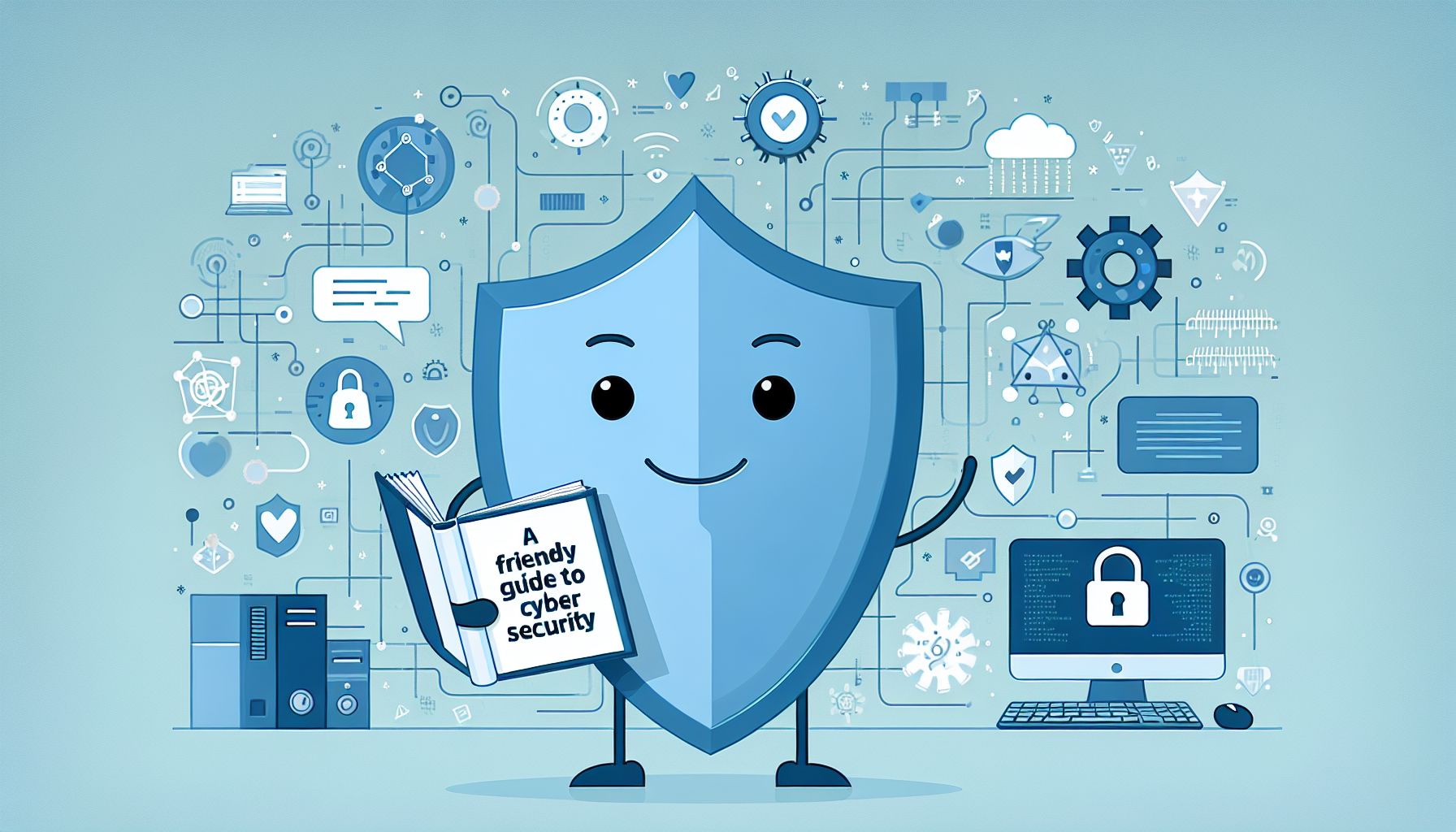Hey there tech-savvy folks! As we all know, in today’s digital world, cyber security is more important than ever. With an increasing number of cyber attacks and data breaches occurring every day, it’s crucial for us to take the necessary precautions to keep our systems safe. In this blog post, we’ll take a friendly and approachable look at cyber security and discuss some best practices for protecting your valuable information.
Introduction to Cyber Security
So, what exactly is cyber security? In simple terms, cyber security is the practice of protecting computers, servers, mobile devices, networks, and data from malicious attacks. These attacks can come in many forms, such as viruses, ransomware, phishing scams, and more. The goal of cyber security is to ensure the confidentiality, integrity, and availability of information.
Best Practices for Cyber Security
Now that we have a basic understanding of what cyber security is, let’s dive into some best practices for keeping your systems safe:
-
Keep your software up to date: One of the easiest ways for cyber criminals to infiltrate your systems is through outdated software. Make sure to regularly update your operating system, antivirus software, and applications to protect against known vulnerabilities.
-
Use strong passwords: This may seem like a no-brainer, but using strong, unique passwords for each of your accounts is essential for keeping your information secure. Consider using a password manager to help you generate and store complex passwords.
-
Be cautious of phishing scams: Phishing scams are a common way for cyber criminals to steal sensitive information. Always be wary of emails, messages, or phone calls asking for personal or financial information, and never click on suspicious links.
-
Enable two-factor authentication: Two-factor authentication adds an extra layer of security to your accounts by requiring a second form of verification, such as a code sent to your phone. This can help prevent unauthorized access to your accounts, even if your password is compromised.
-
Back up your data: In the unfortunate event of a cyber attack, having regular backups of your data can save you from losing valuable information. Make sure to back up your files to an external hard drive or cloud storage regularly.
Conclusion
In conclusion, cyber security is an essential aspect of our digital lives that should not be taken lightly. By following some simple best practices, such as keeping your software up to date, using strong passwords, and being cautious of phishing scams, you can greatly reduce the risk of falling victim to cyber attacks. Remember, it’s better to be safe than sorry when it comes to protecting your valuable information. Stay safe out there, techies!


